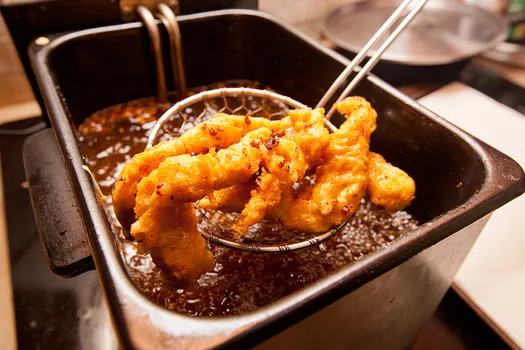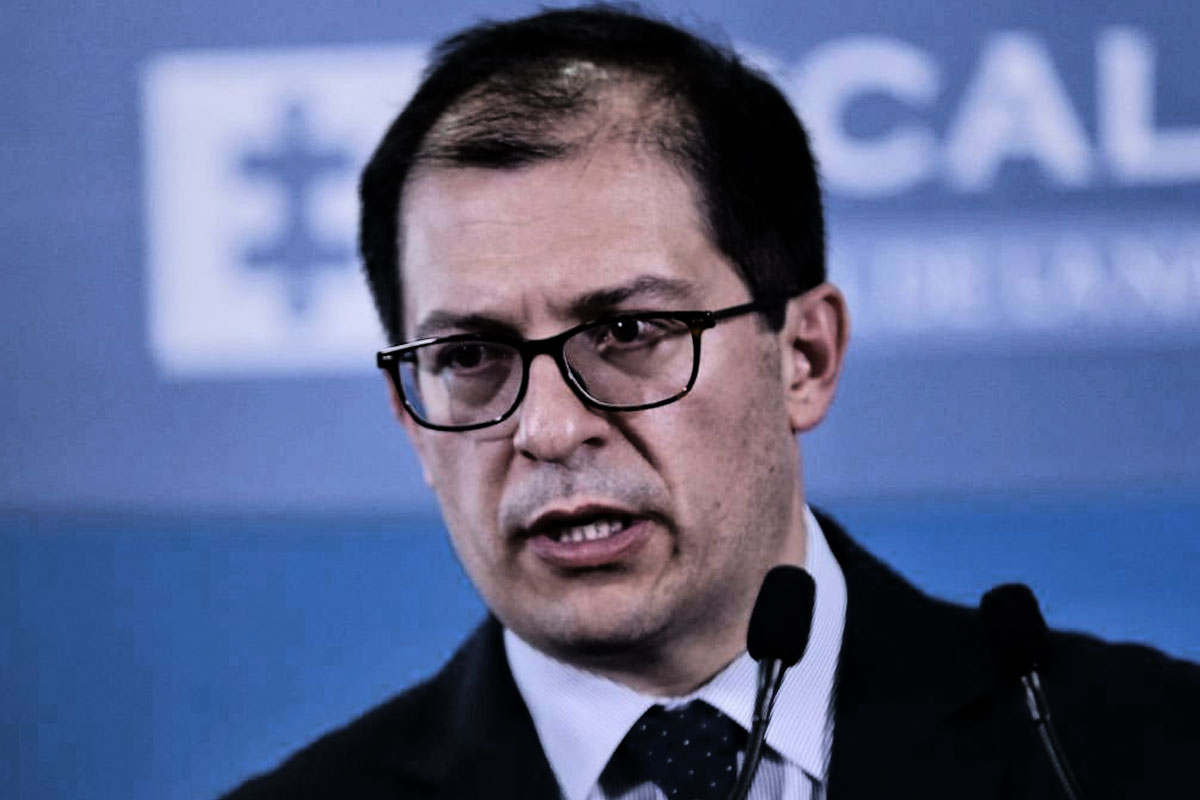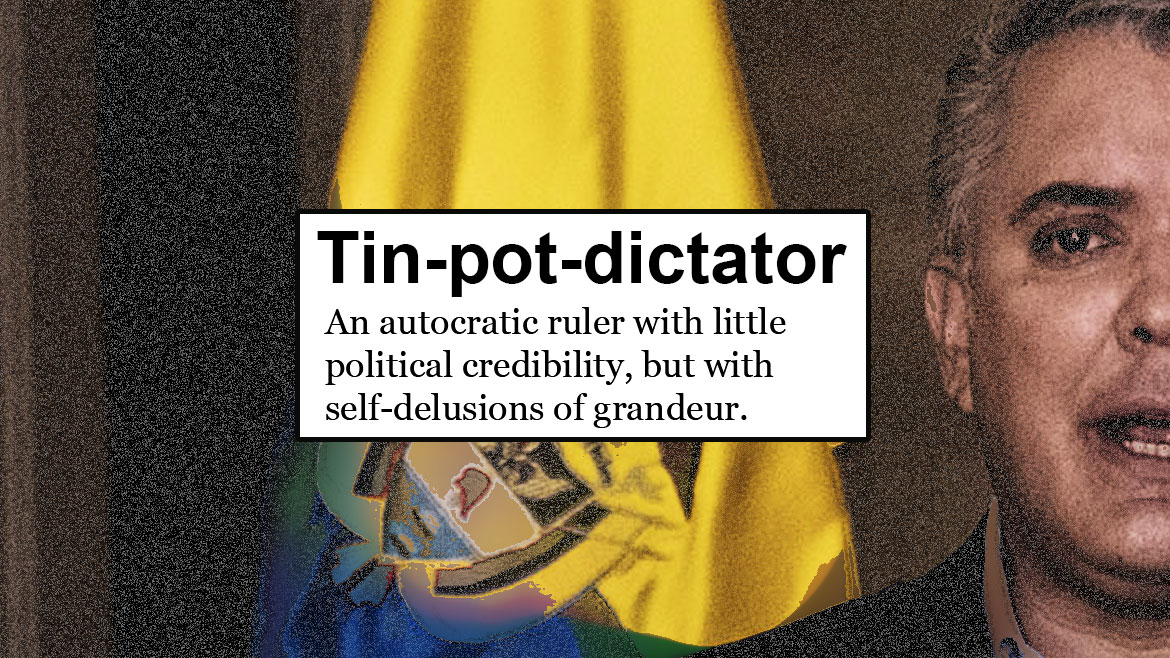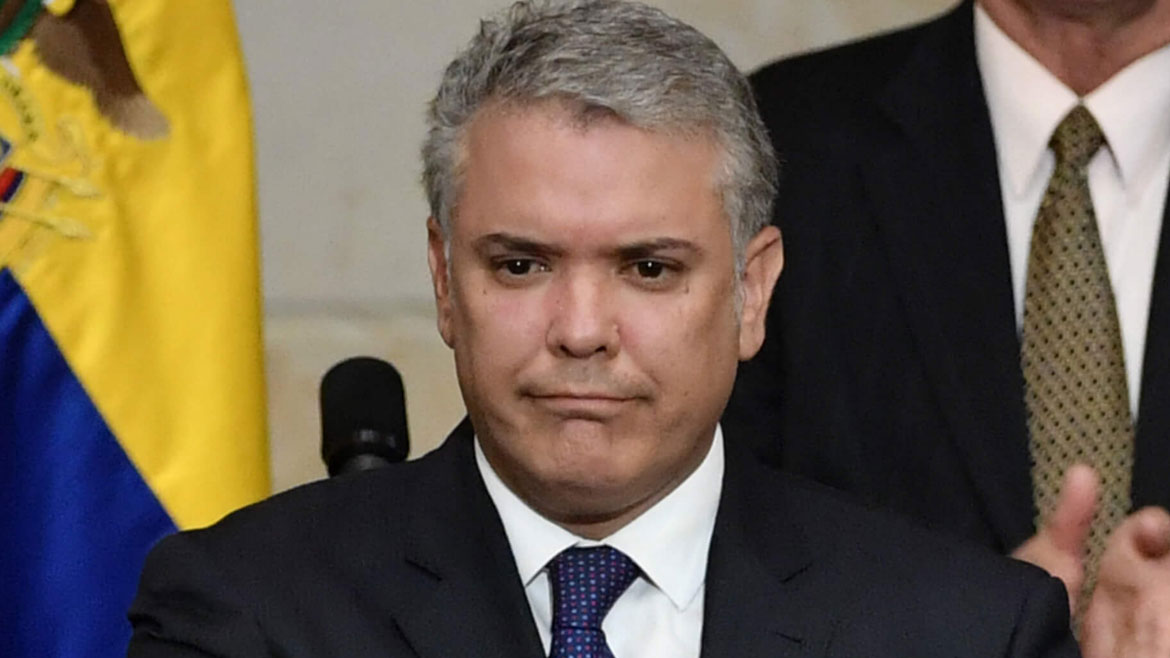Evan Dyer

"It was worse than a crime. It was a blunder."
The words used to describe one of Napoleon's excesses could well have been uttered by an Ethiopian general in Addis Ababa as the forces sent into the Tigray region by Prime Minister Abiy Ahmed were compelled to abandon their posts and retreat.
While atrocities by Ethiopian forces and their Eritrean allies have wrecked the international reputation of Ethiopia's government, their defeat at the hands of Tigrayan rebel forces could ultimately have even bigger consequences.
Prime Minister Abiy Ahmed declared a "unilateral ceasefire" as his army retreated, but the Tigray Defence Force said it would accept it only with conditions. There were remarkable scenes as the TDF paraded thousands of captured Ethiopian soldiers through the streets of its recaptured capital Mekelle as crowds jeered.
The immediate cause of the defeat was a successful offensive by Tigrayan forces, though pressure from foreign donors may have contributed.
The United States and European Union have turned increasingly against PM Abiy, the Nobel Peace Prize winner of 2019. Canada has been more forgiving.
Trudeau sought Abiy's support
Since 2016, the first year of the Trudeau government, Ethiopia has been the biggest or second-biggest recipient of Canadian development assistance in the world, and Ottawa has not hinted publicly at any suspension of that aid.
Ethiopia was the first stop when PM Justin Trudeau embarked on a three-continent trip in February 2020. The Liberal government was focused on getting a seat on the UN Security Council and saw Abiy Ahmed as critical to rallying African support for Canada's bid, which ultimately failed.

Trudeau hailed Abiy's "contribution to regional peace and security."
That was before Abiy invited neighbouring Eritrea, a hermetic police state run by Isaias Afwerki since 1993, to invade his own nation.
EU suspends aid
The U.S. and UN have accused Abiy's forces of burning crops, stealing or killing livestock, murdering farmers and blockading roads. The UN says Abiy's Eritrean allies are deliberately "starving Tigrayans."
Washington has announced travel sanctions against all officials involved in crimes in Tigray.
The EU suspended aid to Ethiopia's government at the beginning of the year and foreign policy chief Josep Borell left no doubt it was a message to the Ethiopian government about Tigray — "a way of demonstrating our rejection of what is going on out there," which both the EU and the U.S. have described as "ethnic cleansing".
Canada has not used such language or taken punitive steps against the Abiy government, and says it still "stands ready to support the Government of Ethiopia and its people in pursuing a national, inclusive political process."
"We are concerned about what's happening in Ethiopia," Global Affairs Minister Marc Garneau told CBC this week.
"I've spoken to my counterpart, the PM has spoken to his counterpart, and (International Development Minister Karina) Gould ... has spoken to her counterpart, and we've always carried the message that it was extremely important that Ethiopia allow humanitarian aid to be provided in the Tigray region, and as well we've been calling for the withdrawal for a long time of, in particular, Eritrean and Ahmara (Ethiopian regional) troops.
"We are concerned that progress has been extremely slow."
No sanctions, no rebuke
But Global Affairs' Patricia Skinner told CBC that Canada is not yet ready to follow the lead of other countries that have sanctioned Ethiopia.
"Canada is judicious when it chooses to deploy sanctions and is committed to their effective and coordinated use, when appropriate," she said. "Canada will continue to work closely with like-minded governments in considering a broad range of response options."
However, she added, "Canada has re-directed $18 million from its contribution to Ethiopia's national flagship the Productive Safety Nets Program to target communities affected by food insecurity in Tigray."
That project is described as "led by the Government of Ethiopia, with support from the Government of Canada" on a Global Affairs website.
But the program was scheduled to end this year anyway. Its suspension does not represent a rebuke or sanction, GAC officials told CBC.
'Ethnic cleansing'
Muguleta Tedla, a math professor from Windsor, Ontario who chairs the Association of Tigrayan Communities in Canada, said his community appreciates the $41 million in emergency aid Canada has given to Ethiopia, some of it earmarked for Tigray.
He also notes that Ottawa's statements of concern have been markedly less pointed than the condemnations coming from its European and American counterparts.
"We have the feeling that Canada can do more," he told CBC News. "Indirectly, Canada is really supporting the ethnic cleansing happening in Tigray. How could a country regarded so highly support such an act, such a government, such a leader?"
The Ethiopian Embassy did not respond to calls for comment.
Biden, Trudeau approaches miles apart
There has been a striking contrast between the Trudeau government's approach to the conflict and that of the Biden administration.
Secretary of State Antony Blinken called PM Abiy during a violent February to urge "immediate, full, and unhindered humanitarian access to prevent further loss of life."
Trudeau also called Abiy a little later that month. Already, videos of massacres by Ethiopian troops were circulating in mainstream media, but Tigray was not at the top of the agenda.
Here's how a statement from the Prime Minister's Office described the call: "Prime Minister Trudeau welcomed efforts to expand access for humanitarian assistance and journalists, to restore critical services and infrastructure, and to protect people. Prime Minister Trudeau reaffirmed Canada's support for ongoing reforms intended to consolidate durable, inclusive peace and democracy in Ethiopia."
On March 10, Blinken told Congress the U.S. had seen "ethnic cleansing" in Tigray.
On March 16, Gould and Small Business, Export Promotion and International Trade Minister Mary Ng met with their Ethiopian counterparts for a "clean growth symposium," where they announced a $133 million dollar donation to the Canada-African Development Bank Climate Fund, "an important follow-up to last year's announcement made by Prime Minister Trudeau in Ethiopia". The donation "aims to enhance women's economic rights", said GAC.
Exactly one week later, Abiy admitted that Eritrean troops were in his country, that "there have been rapes of women and looting of properties" and that "atrocities have been committed."
"Battle is destructive, it hurts many," he said.
'A war pact'
The West was naive to fall for Abiy's reformist posturing in the first place, said Tedla, and the settlement with Eritrea that won Abiy his Nobel prize "was not a peace deal. It was a war pact."
Even before the current war broke out in November 2020, human rights groups were pointing out that Abiy's new Ethiopia retained some of the worst features of the old Ethiopia, with ethnic massacres and forced displacements in which security forces sometimes participated.
Tigrayan forces are accused of committing their own war crimes.
The gravest allegations, though, lie at the door of the Ethiopian Army and its Eritrean allies, including mass rape of local women and girls. Figures in Abiy Ahmed's government, including Ethiopia's female president, have acknowledged and condemned the rapes.
Recently a handful of soldiers have been tried and convicted.
'They are going to destroy the Tigrayans'
Abiy Ahmed himself has felt the pressure and sought to defuse it in an oped in February.
"The suffering and deaths that occurred despite our best efforts have caused much distress for me personally, as well as for all peace-loving people here and abroad," he wrote. "We are working, day and night, to deliver necessary supplies to our citizens in Tigray and to those in want in neighbouring provinces, as well as to ensure that human rights are respected and normal lives restored."
The EU's envoy, Finnish foreign minister Pekka Haavisto, travelled to Addis Ababa around the time Abiy was penning his op-ed and said he heard a very different message in private.
"When I met the Ethiopian leadership in February they really used this kind of language, that they are going to destroy the Tigrayans, they are going to wipe out the Tigrayans for 100 years and so forth," he told a committee of the European Parliament last month, making it clear that Abiy Ahmed was part of those discussions.
"It looks for us like ethnic cleansing."
Ethiopia's government has dismissed Haavisto's allegations as a "hallucination of sorts or a lapse in memory of some kind."
But since writing his article, Abiy Ahmed has been forced to admit that the Eritrean Army is operating in the country, after lying about it for several months.
"This must be the most treasonous act of Abiy Ahmed," said Tedla. "Inviting an enemy, a neighbouring country's army, to demolish the infrastructure of Tigray — its own region — and killing all these young men who had nothing to do with politics, raping girls as young as seven."
Tedla said the predictable result is that many Tigrayans, previously willing to live in a federal Ethiopian state, now want nothing less than full independence.
"They must lay a foundation so these atrocities won't happen again."



















